Are you sure you’re doing everything right for your beloved pet? You’re not. Some of the things you’ve been doing for years might be causing them pain and suffering. Are you ready to confront the truth?
1. Rubbing Your Dog’s Nose in Its Wee
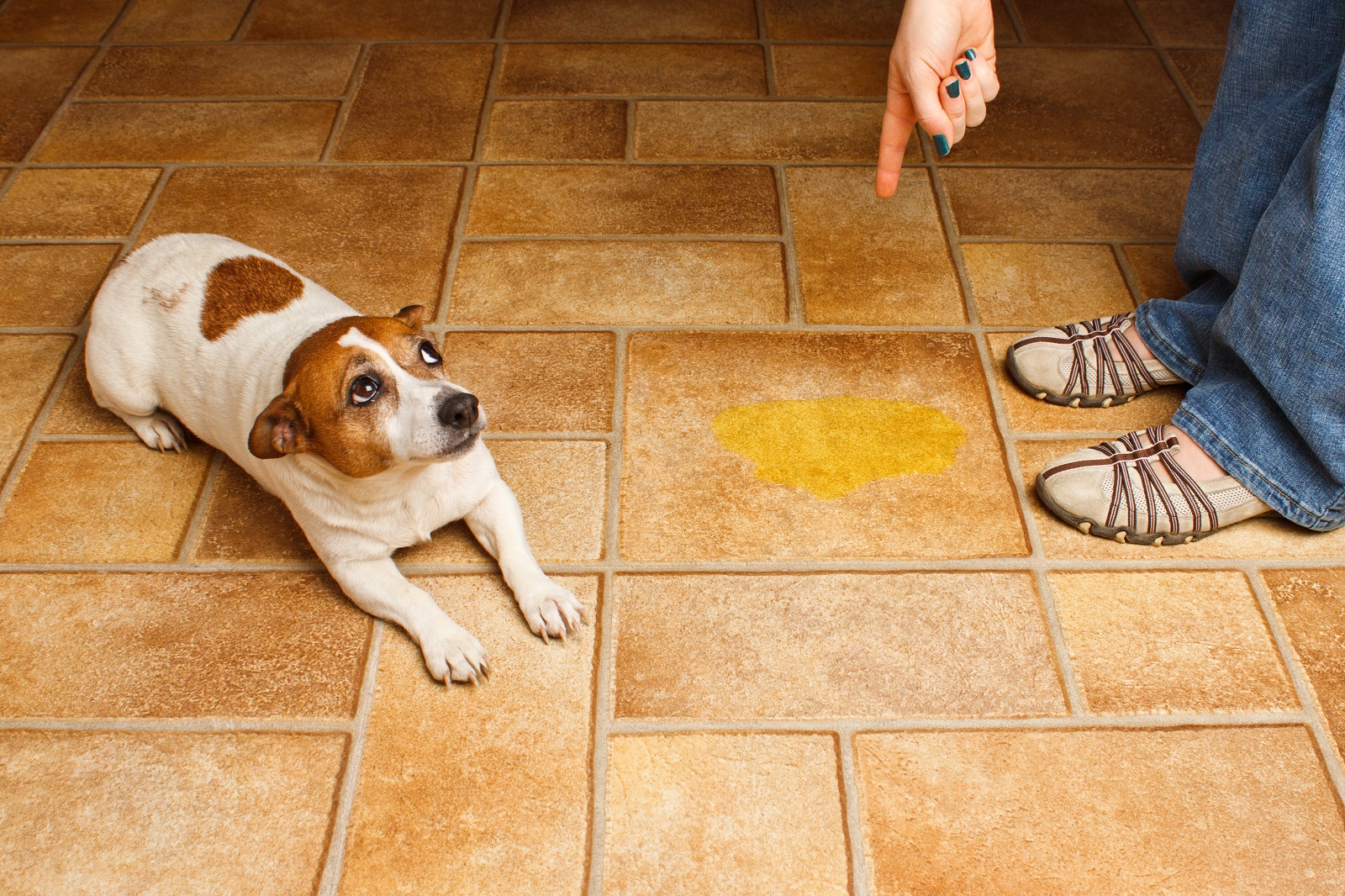
This outdated punishment method is not only cruel but also ineffective. It teaches your dog nothing except to fear you and can damage the trust between you.
2. Smacking Your Pet on the Nose
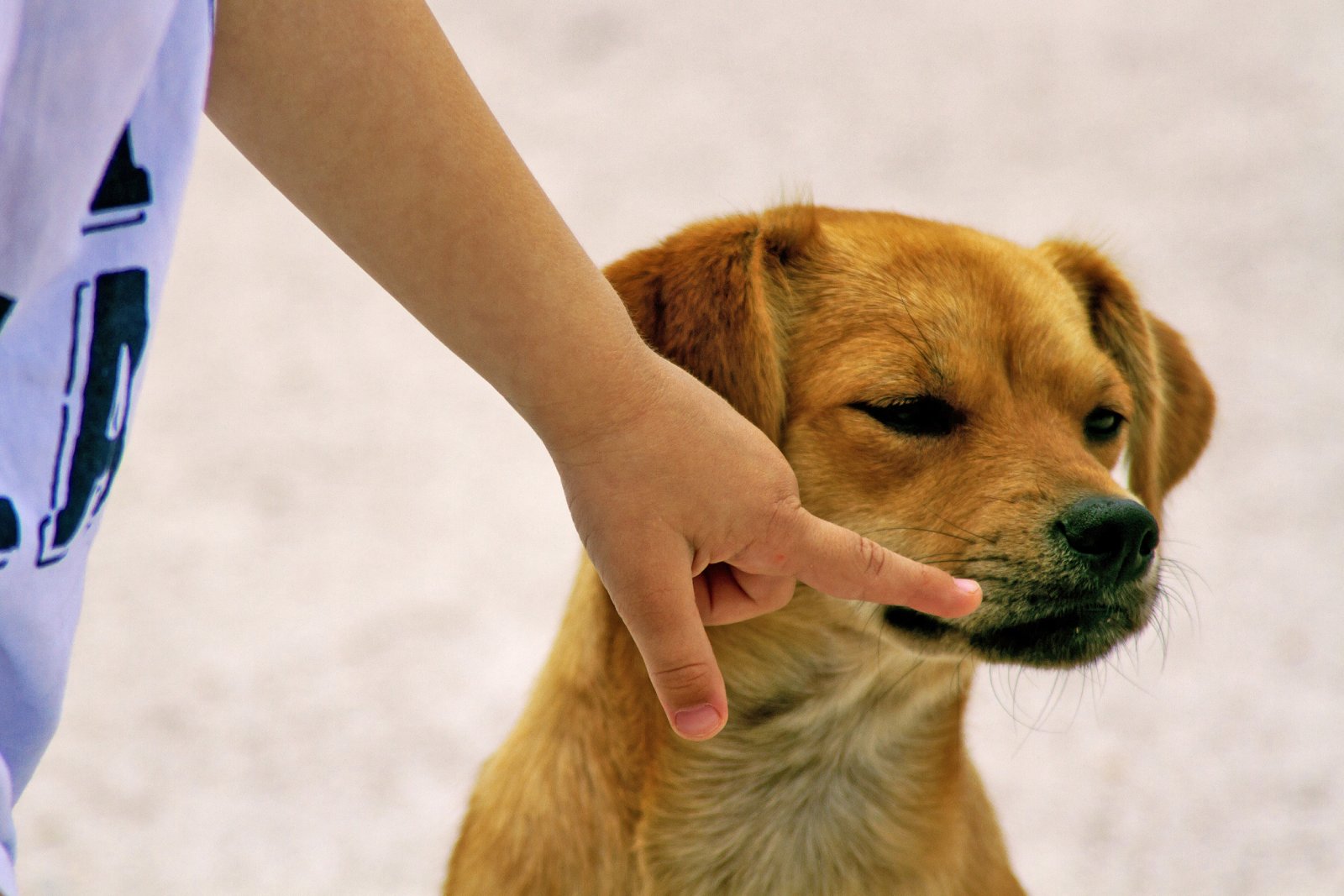
Physical punishment like smacking on the nose can lead to fear and aggression. It’s time to ditch this abusive tactic for good and find more humane ways to train your pet.
3. Using Shock Collars
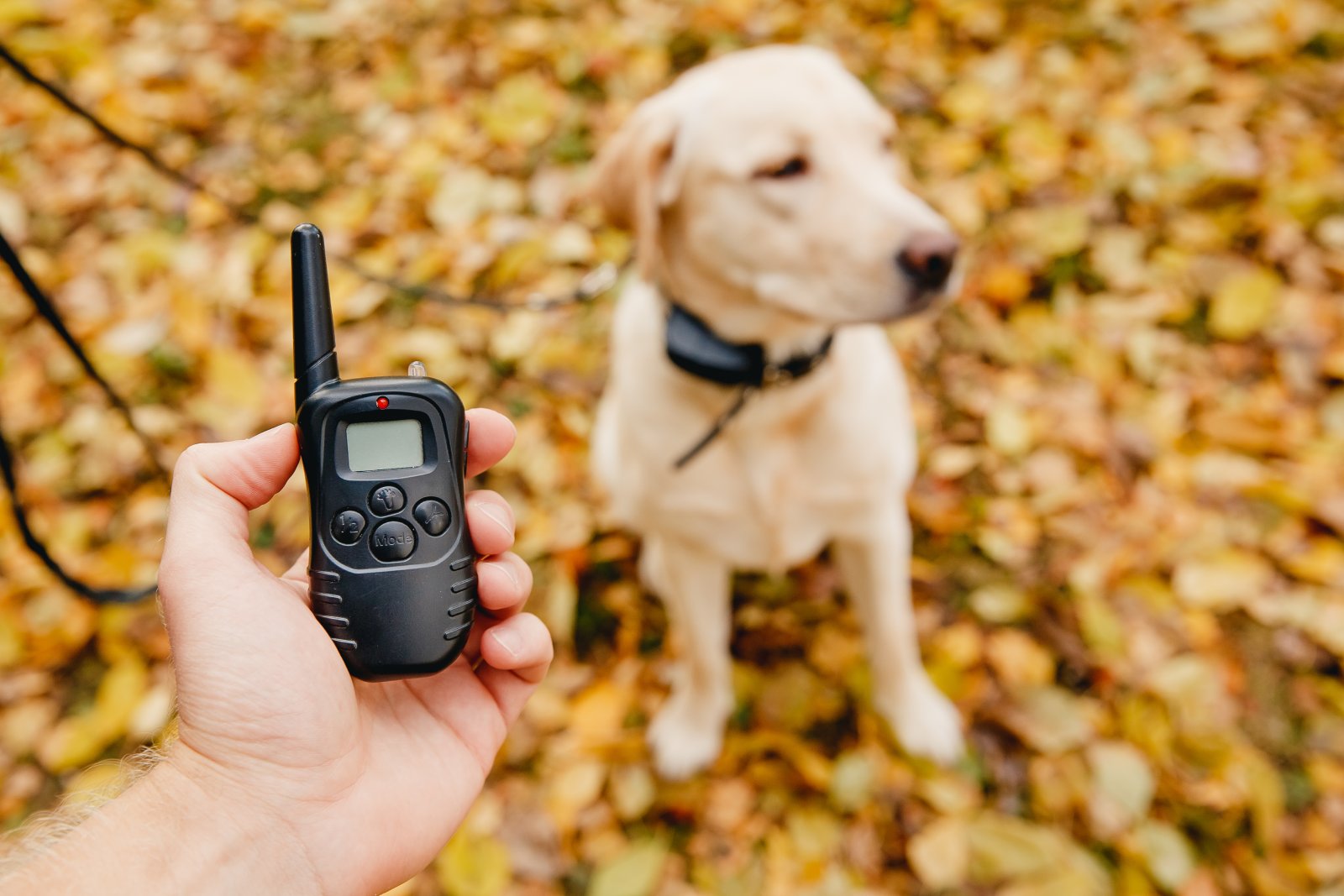
Shock collars are a barbaric way to train pets, causing pain and psychological damage. Even famed trainers like Cesar Millan have faced backlash for recommending such methods.
4. Yelling at Your Pet

Yelling creates anxiety and confusion for your pet, damaging the bond between you. Communicate calmly and clearly to foster a trusting relationship instead.
5. Using Choke Chains
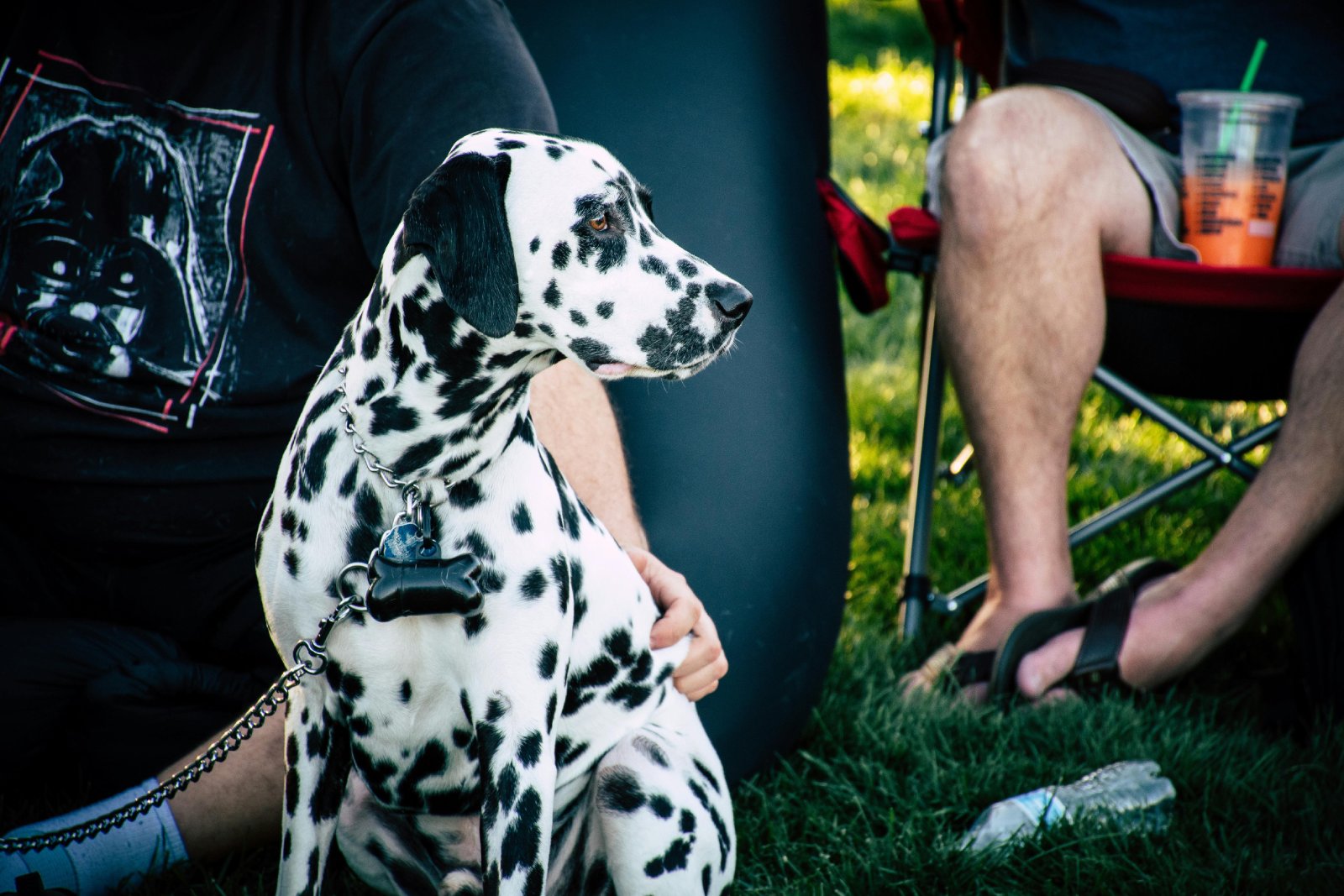
Choke chains can cause severe injury to your dog’s neck and trachea. Choose a humane harness to keep your pet safe and comfortable.
6. Dominance-Based Training
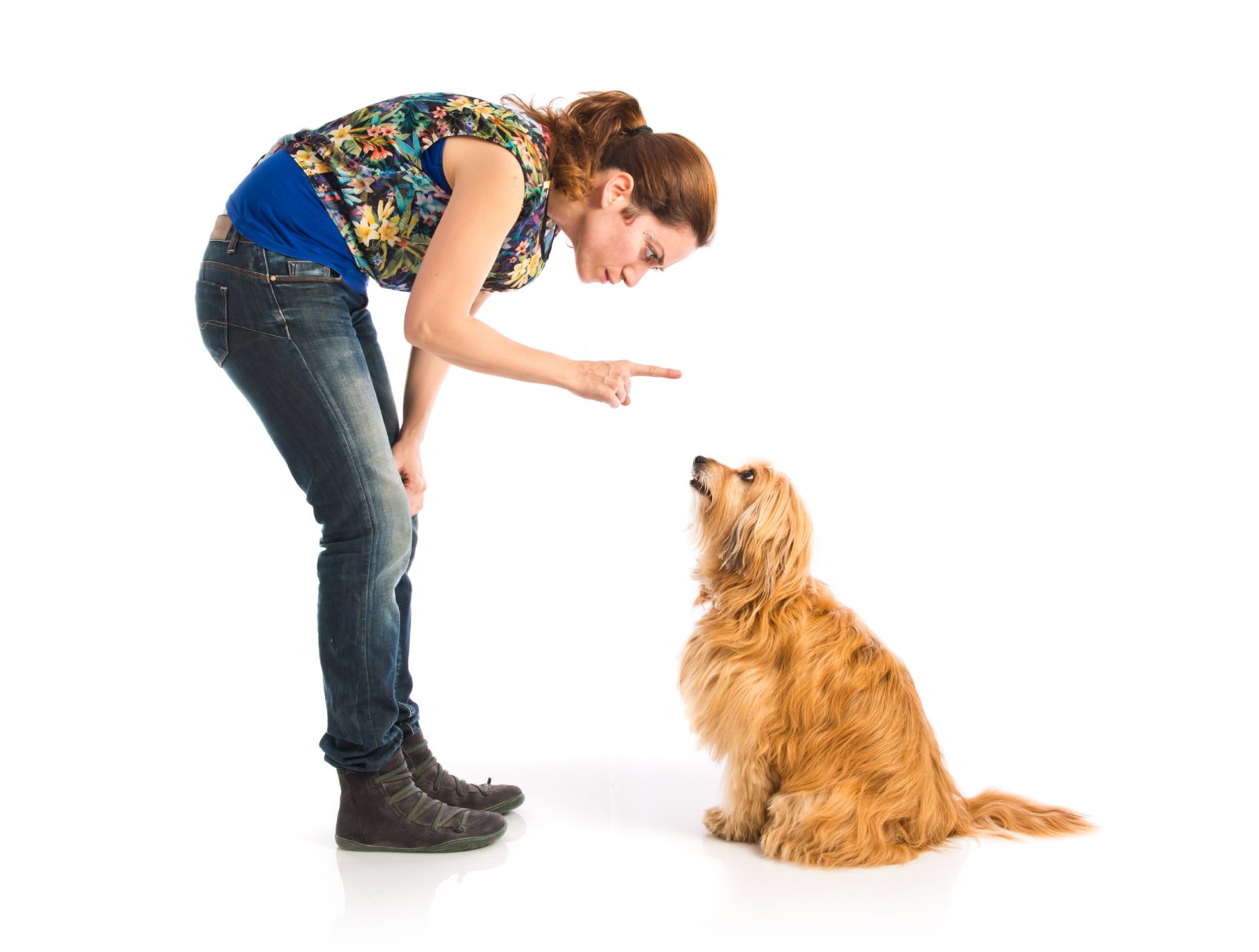
Dominance-based methods, popularised by trainers like Cesar Millan, have been widely criticised and can cause anxiety and fear in pets. Switch to positive reinforcement techniques for more effective and compassionate training.
7. Ignoring Your Pet’s Body Language
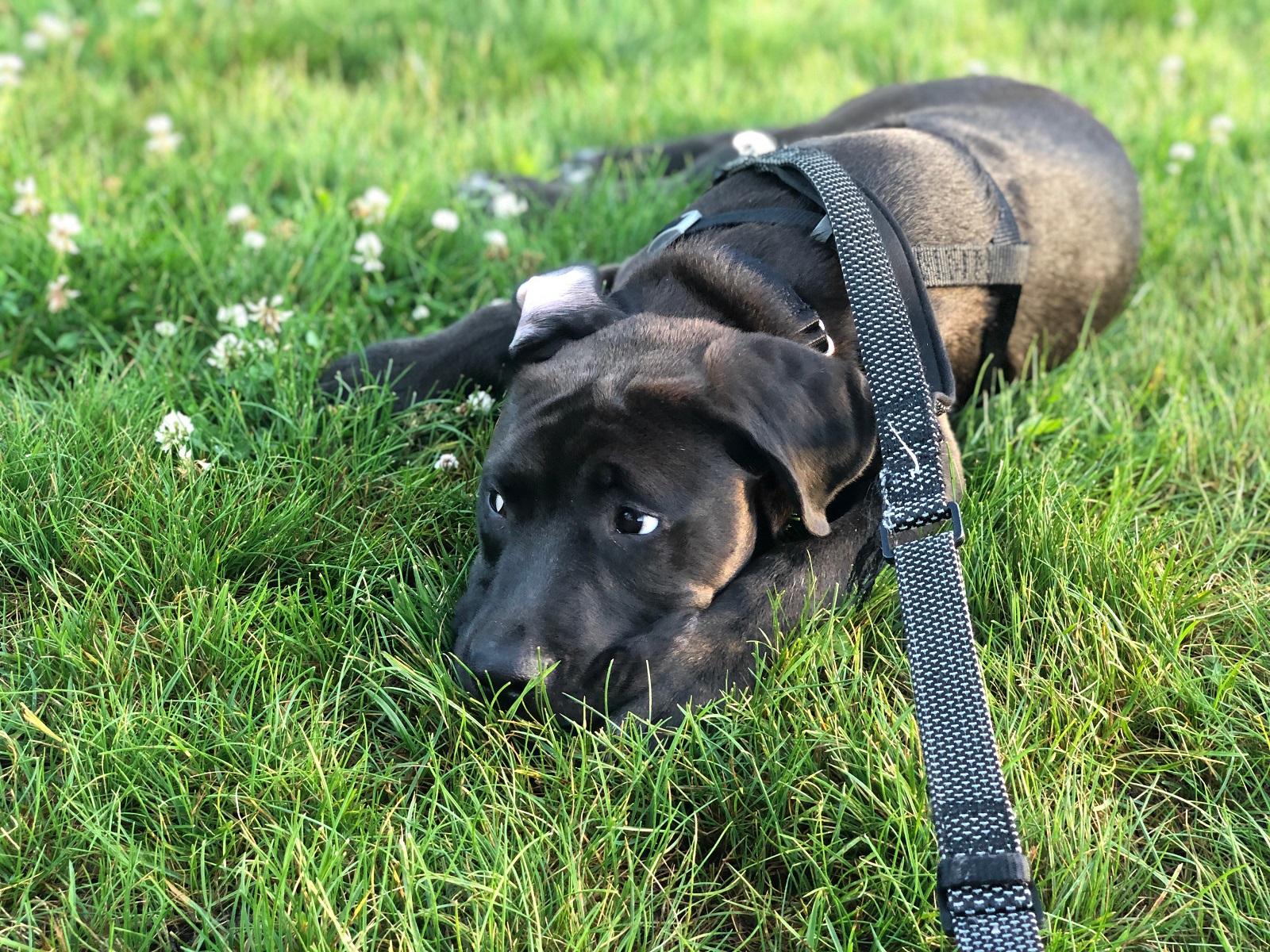
Failing to understand your pet’s body language can lead to miscommunication and stress. Learn to recognise signs of discomfort, fear, and happiness to improve your relationship with your pet.
8. Crate Punishment
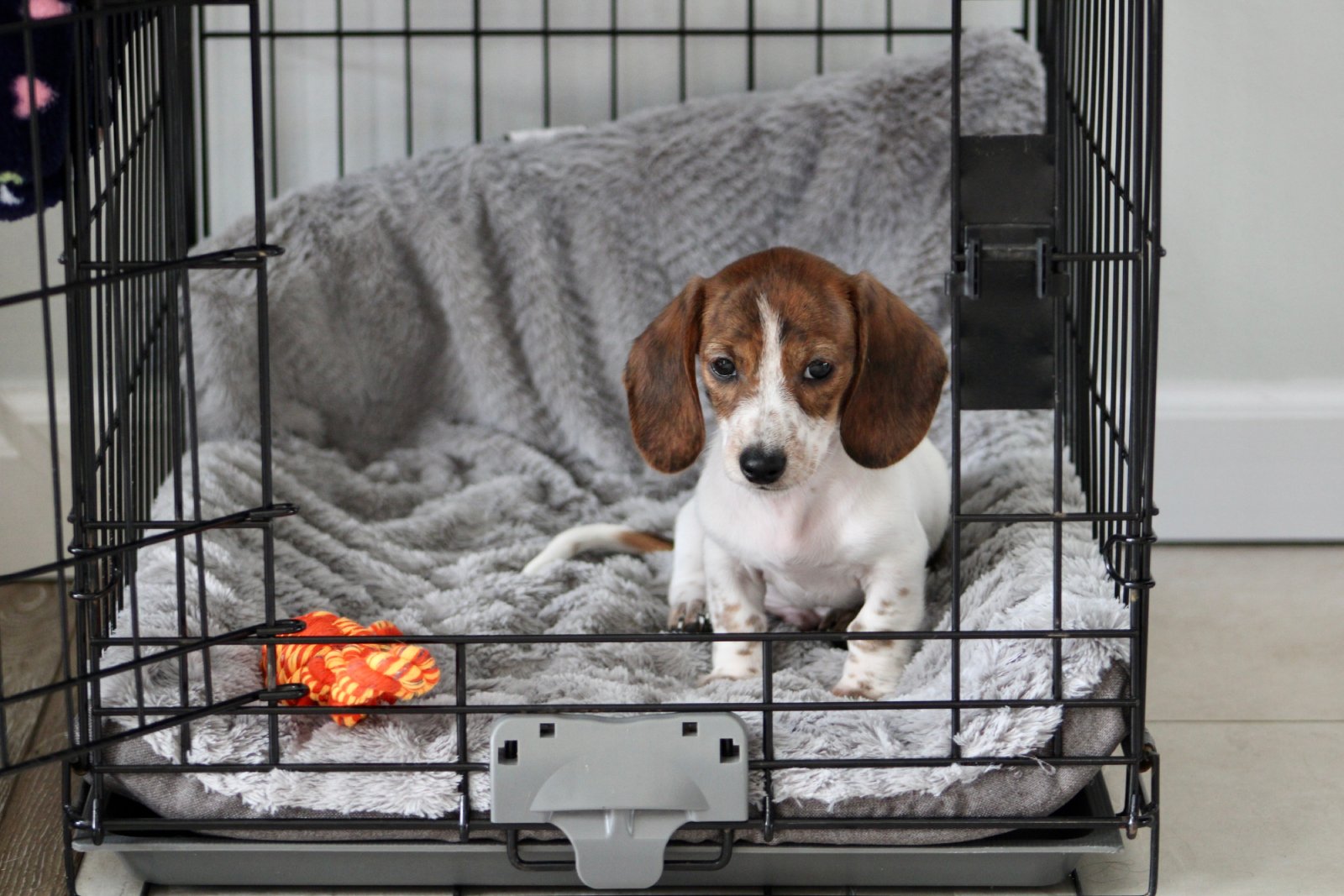
Using a crate as punishment teaches your pet to fear it, undermining its purpose as a safe space. Crates should be a haven, not a jail.
9. Long Periods of Isolation
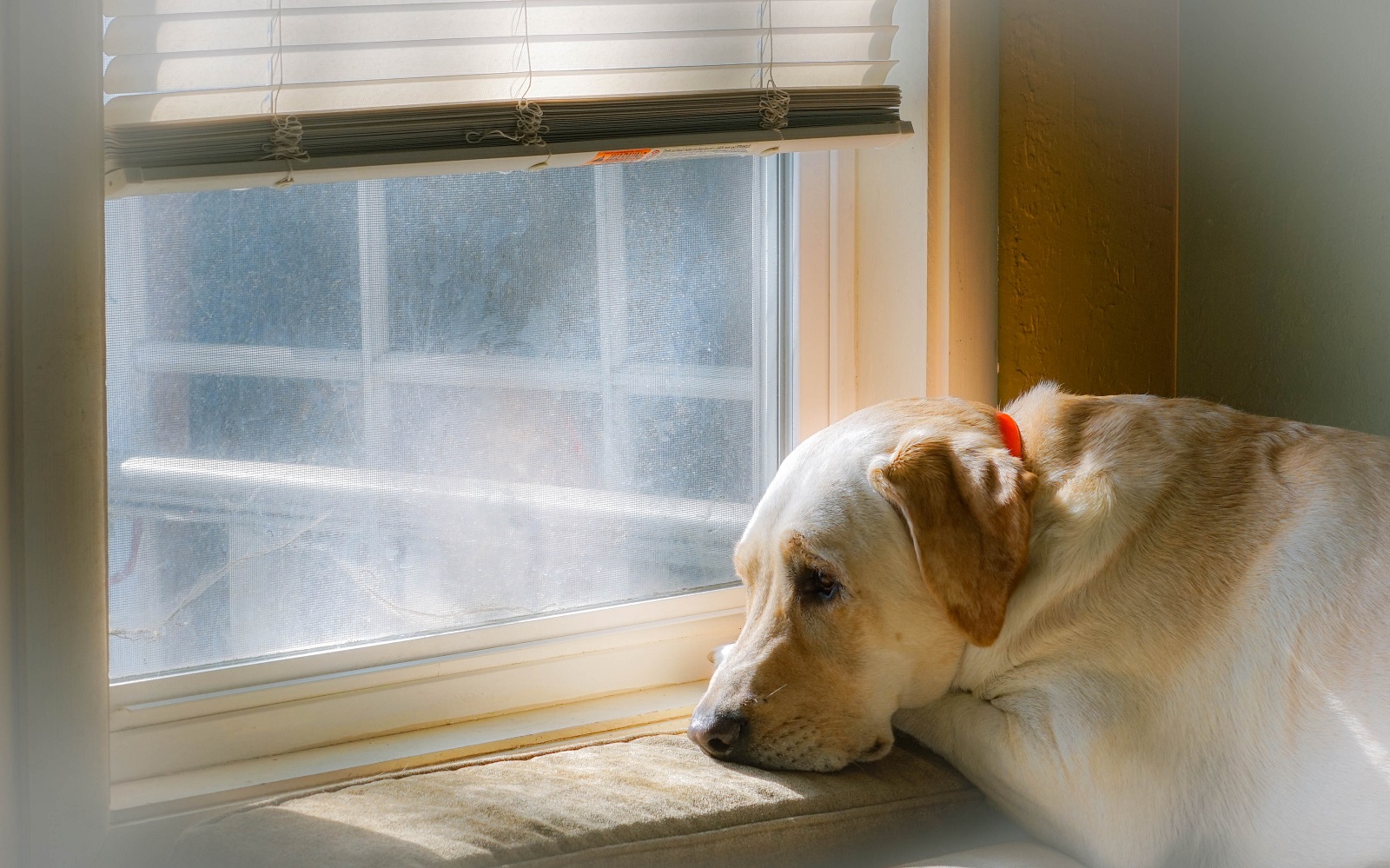
Leaving your pet alone for long periods can lead to separation anxiety and destructive behaviour. Ensure they have companionship and mental stimulation throughout the day.
10. Inconsistent Training
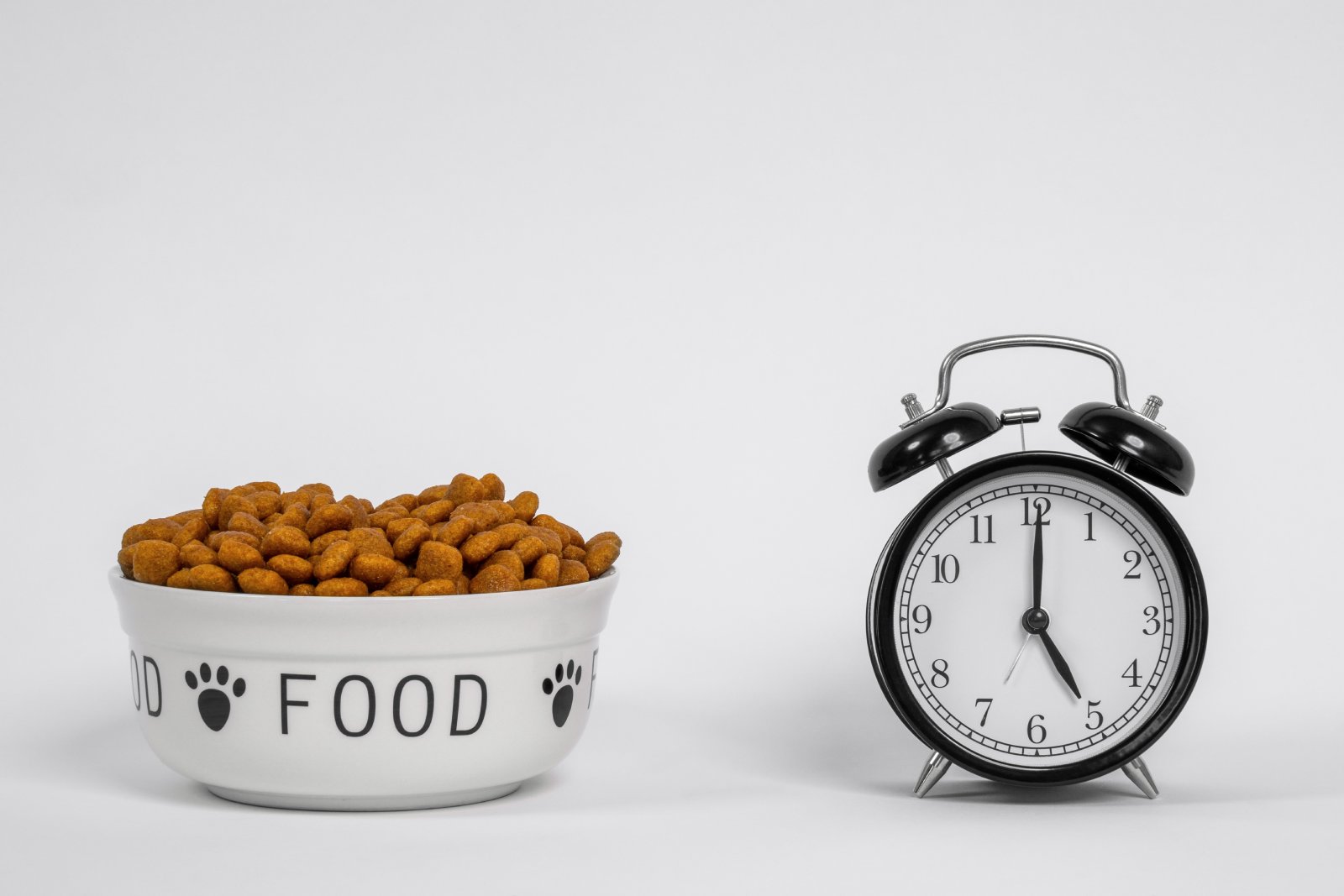
Inconsistent training confuses your pet and slows their progress. Be consistent with commands and routines to help them learn effectively and reduce their stress.
11. Skipping Socialisation
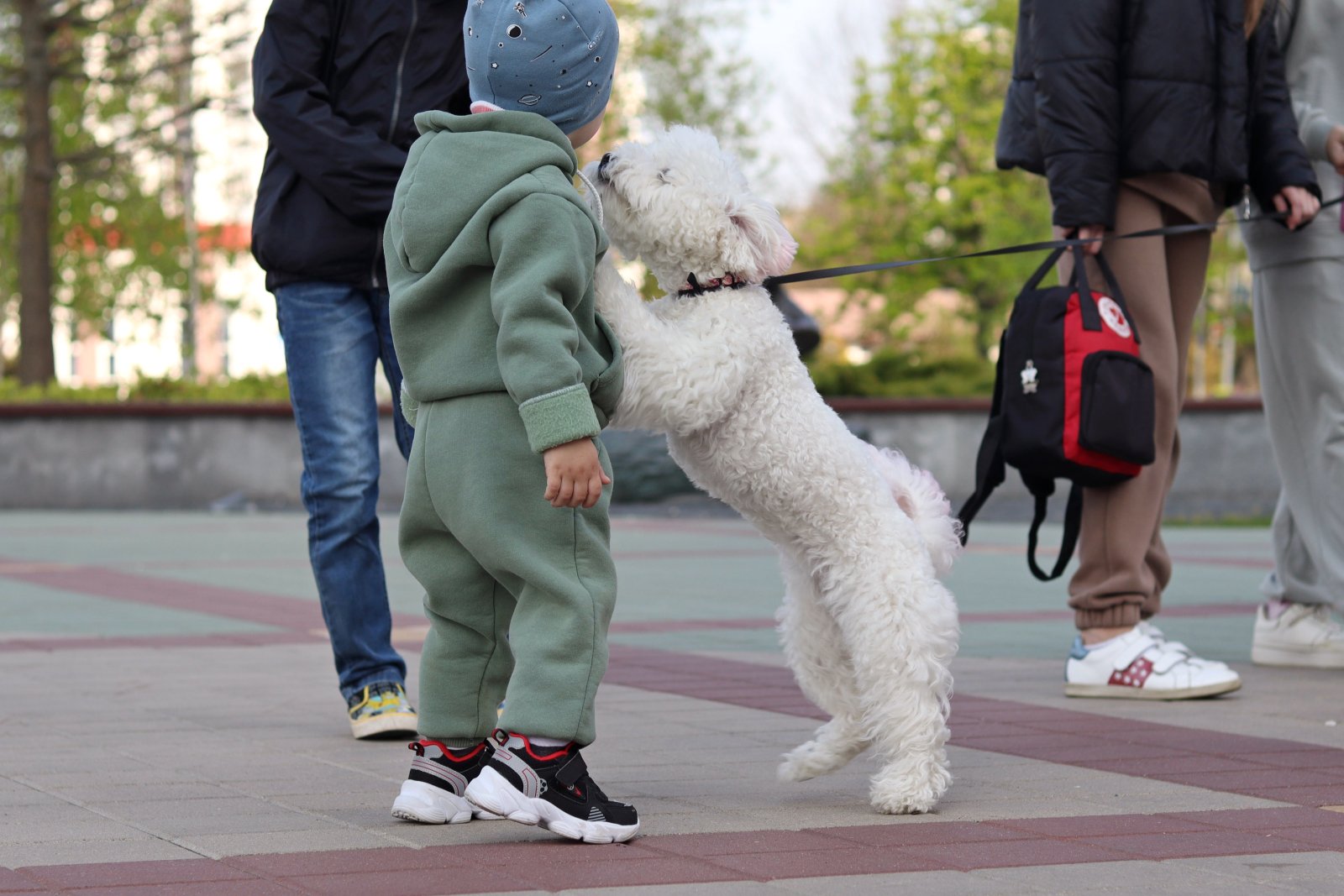
Failing to socialise your pet can result in fear and aggression towards other animals and people. Expose them to various environments, sounds, and experiences from a young age to build their confidence.
12. Overusing Treats
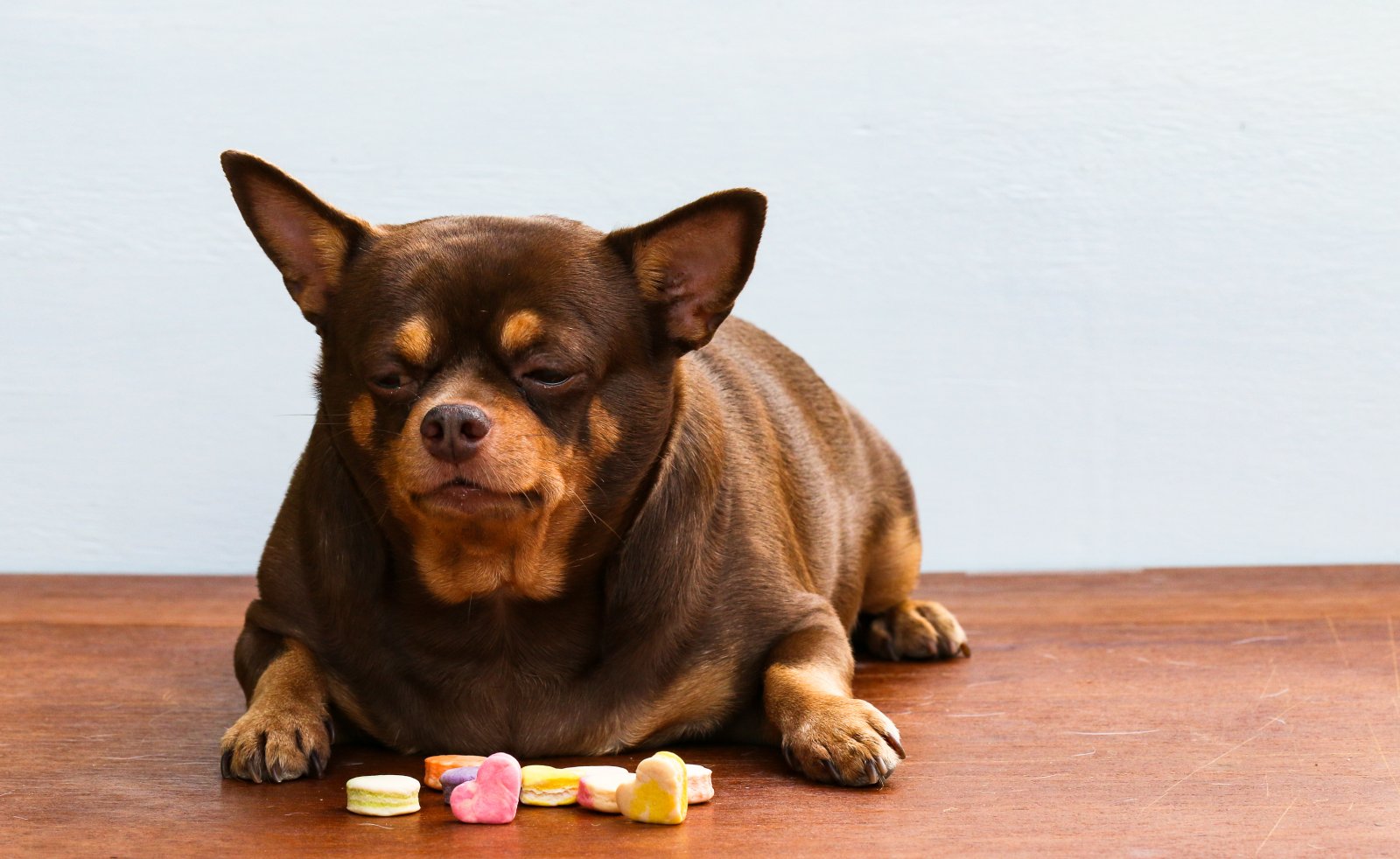
While treats are useful for training, overusing them can lead to obesity and health problems. Balance treat use with other forms of rewards, like praise and play.
13. Not Addressing Behavioural Issues Early

Ignoring behavioural problems hoping they’ll resolve themselves can lead to more serious issues. Address them promptly with the help of a professional if needed.
14. Using Water Sprays
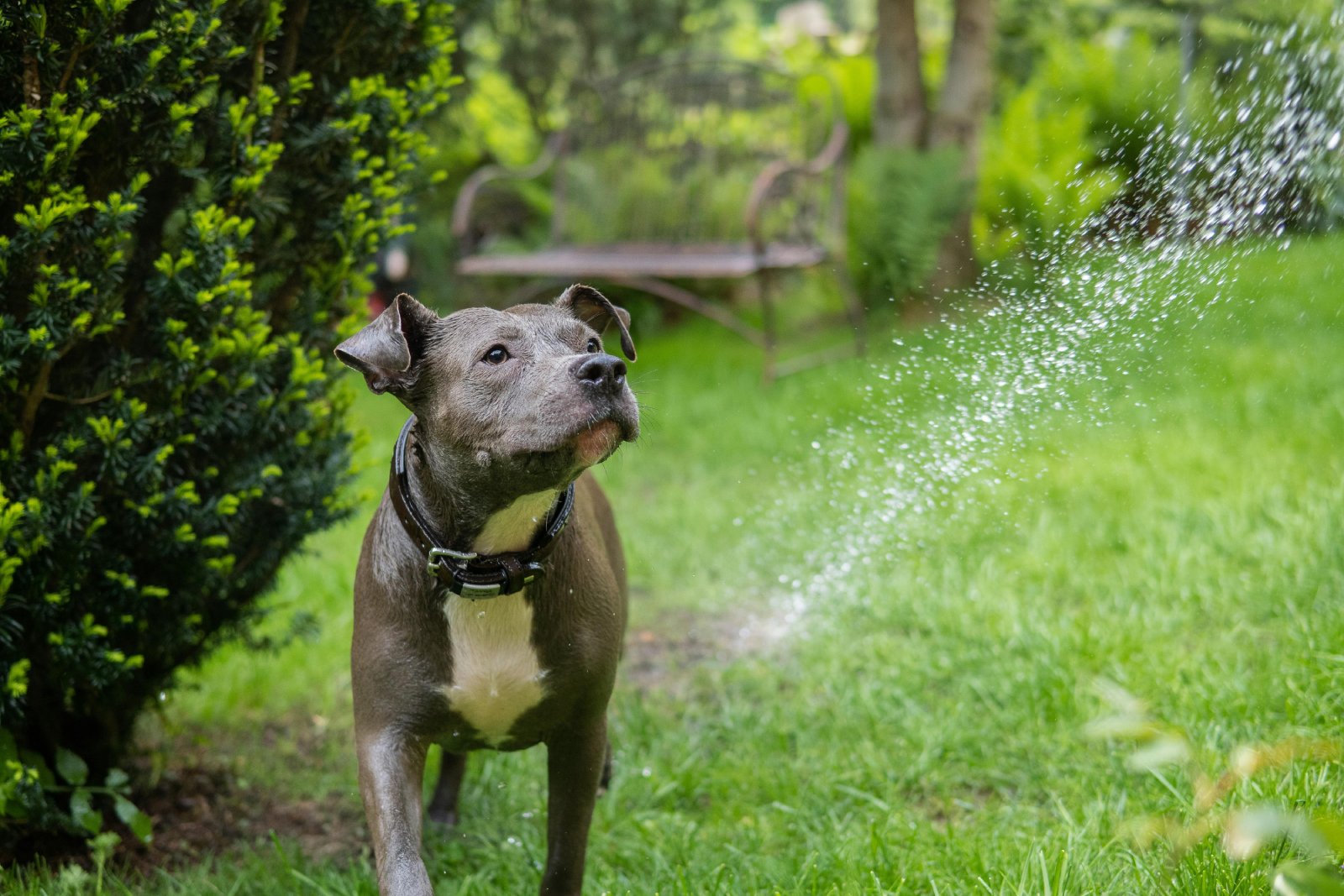
Spraying your pet with water as punishment can create fear and mistrust. Focus on positive reinforcement and redirection instead.
15. Allowing Leash Pulling
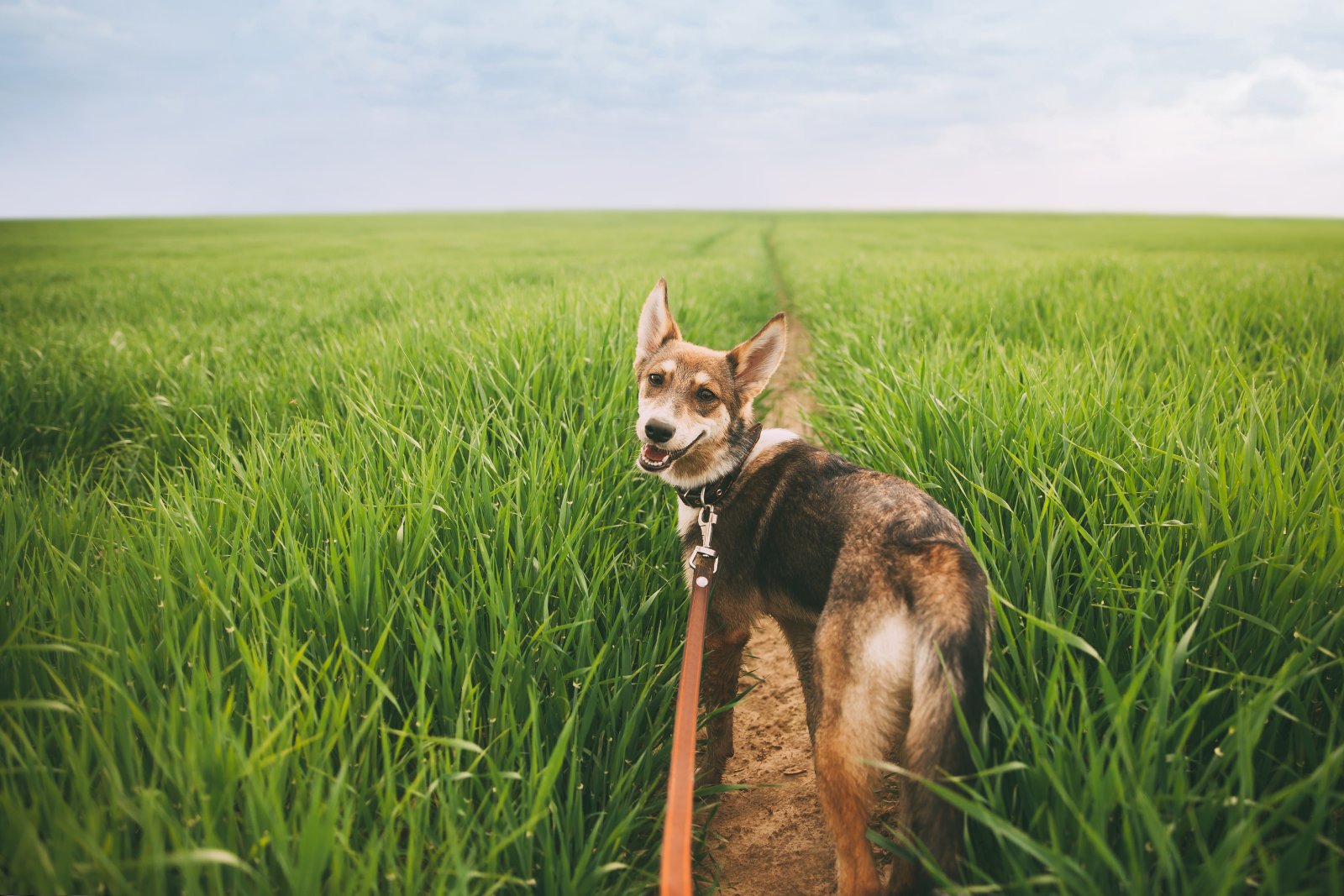
Letting your dog pull on the leash can cause injuries and reinforce bad behaviour. Train them to walk politely beside you for safer, more enjoyable walks.
16. Ignoring Fear Responses
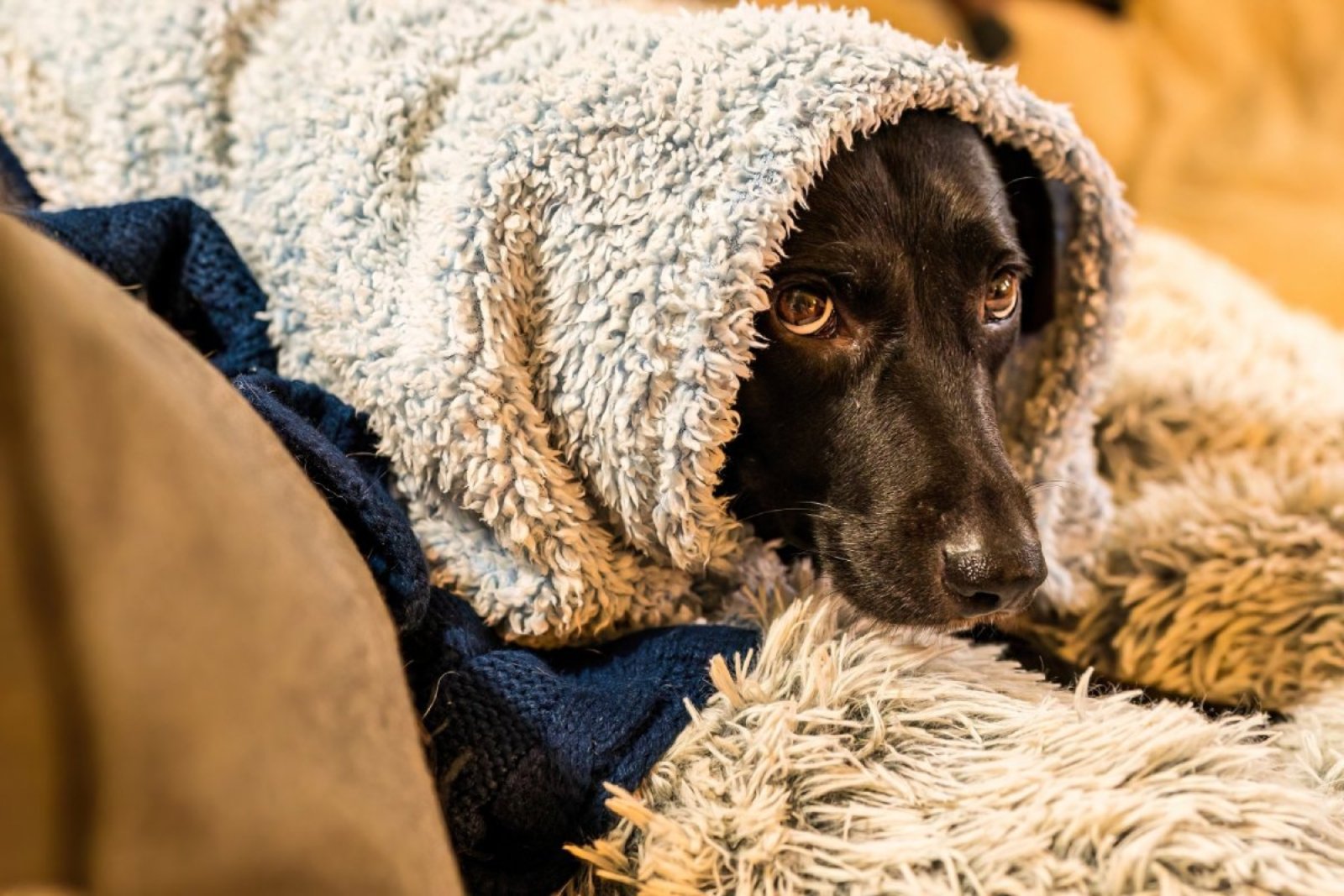
Dismissing your pet’s fear can exacerbate anxiety and lead to aggression. Recognise and address their fears with patience and gentle exposure.
17. Using Your Hands for Play
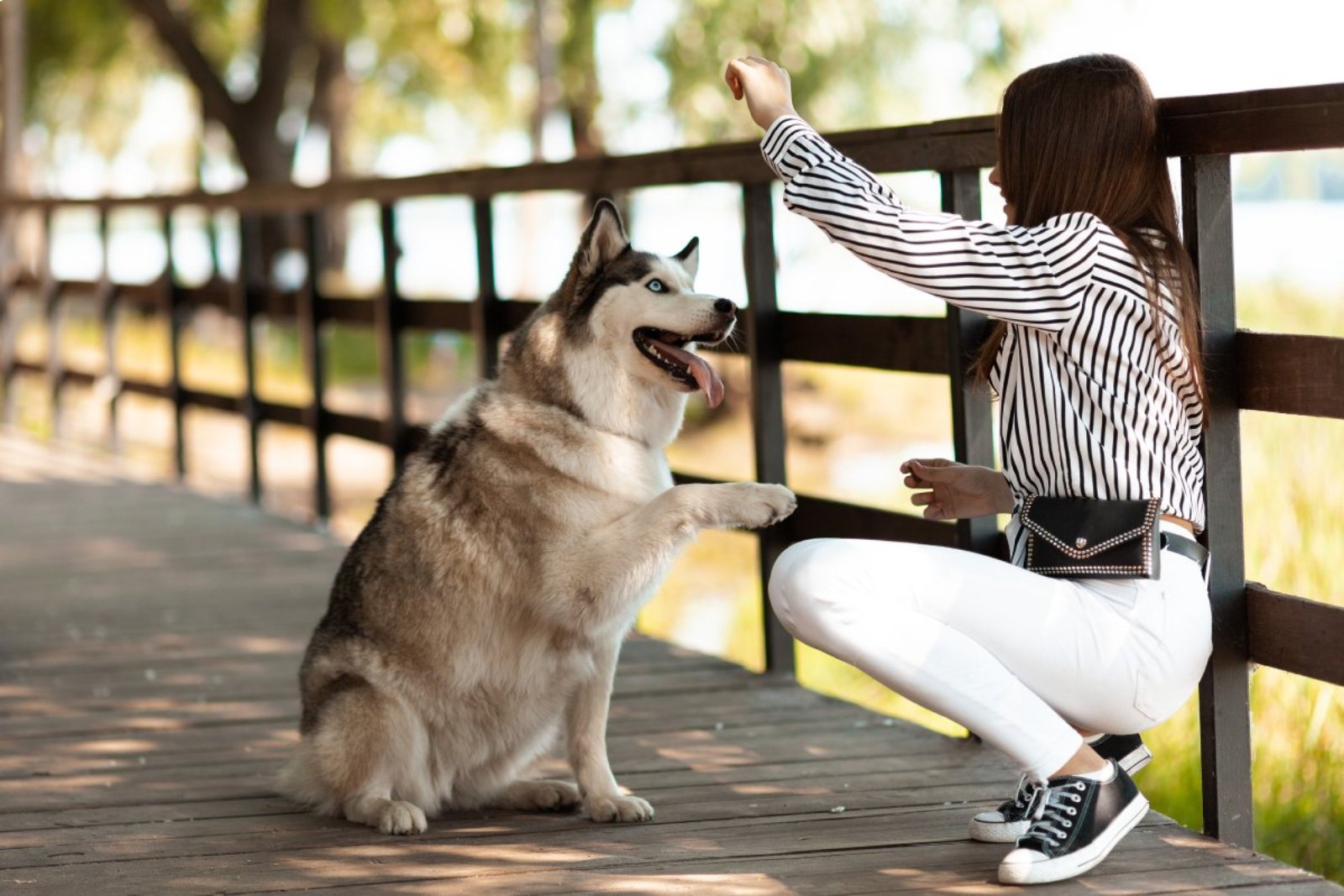
Playing with your hands can encourage biting and rough behaviour. Use toys instead to teach appropriate play habits and keep your hands safe.
18. Overlooking Mental Stimulation
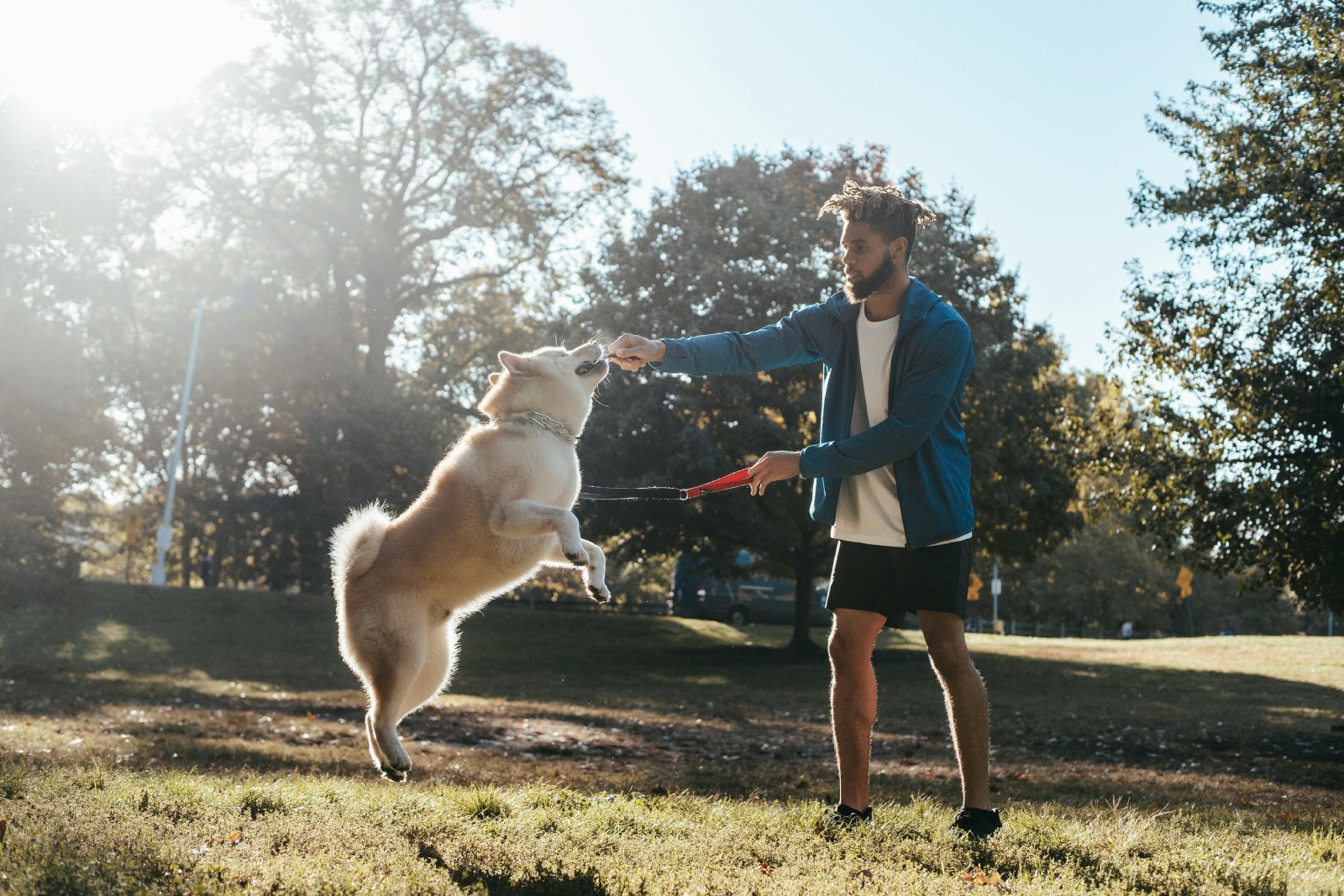
Pets need mental stimulation to stay happy and healthy. Provide puzzle toys, training sessions, and interactive play to keep their minds engaged and prevent boredom.
Wake Up and Smell the Kibble
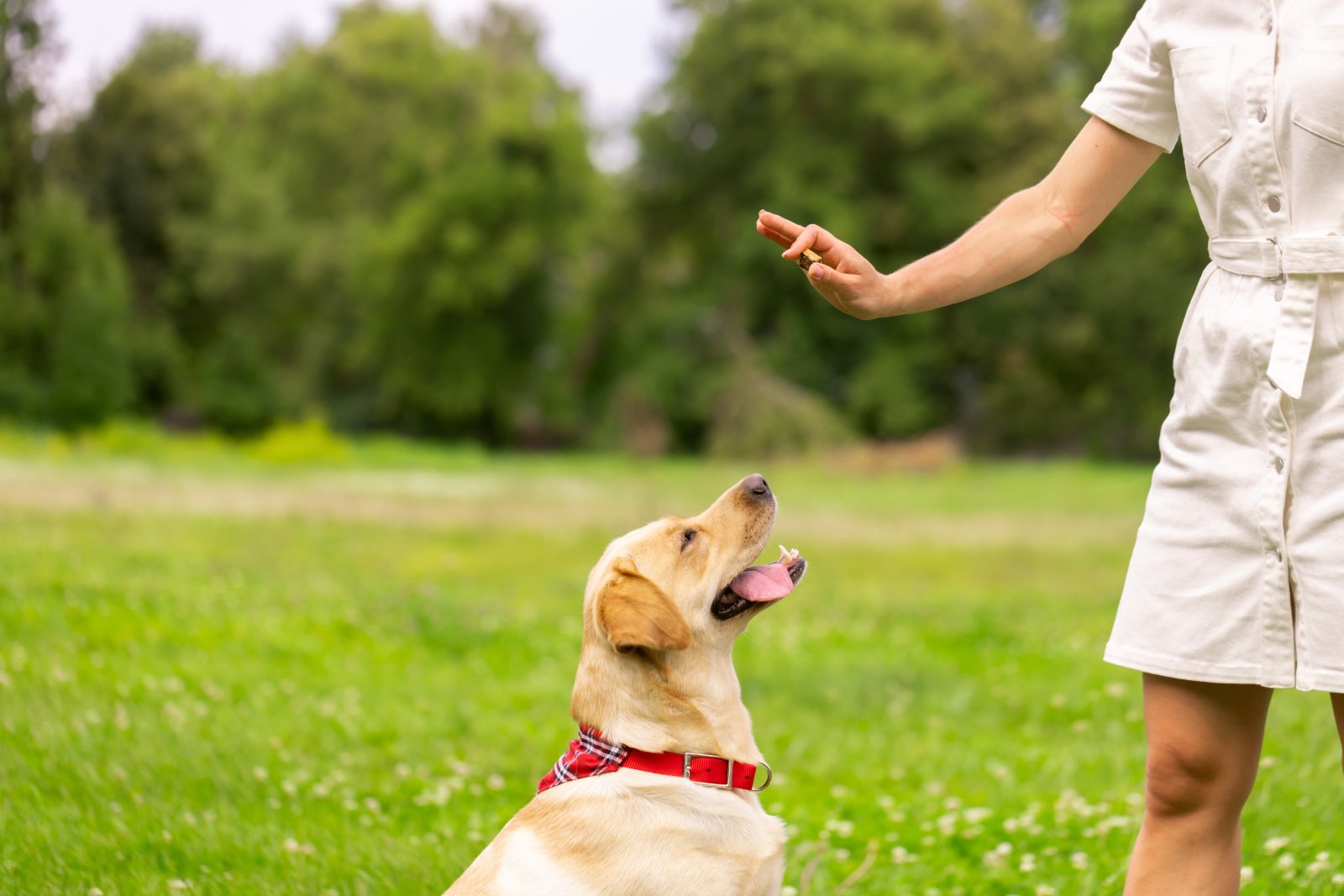
It’s time to face the facts: some of your pet practices are downright dangerous. Make these changes now to ensure your pet lives a happy, healthy, and fear-free life. Don’t wait until it’s too late—your pet’s well-being is in your hands.
The post Avoid These Pet Practices: 18 Outdated and Unsafe Habits first appeared on PawShore.
Featured Image Credit: Shutterstock / dimid_86.
For transparency, this content was partly developed with AI assistance and carefully curated by an experienced editor to be informative and ensure accuracy.

